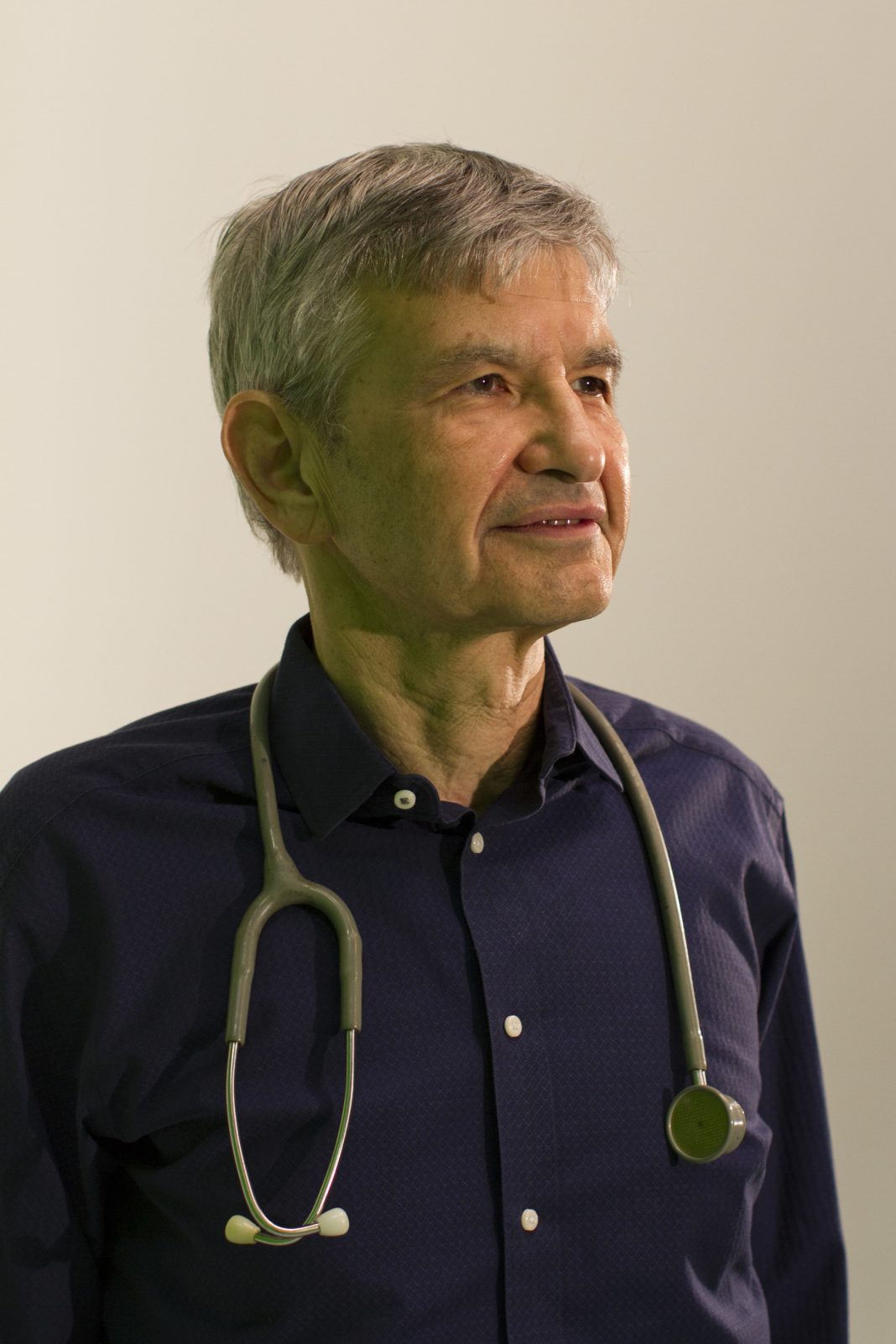For as long as we can remember, patients have been travelling to and from in-person medical appointments. Individuals in major urban and suburban centres usually have plenty of clinics near to them, while those in more rural areas often make longer trips to see a doctor.
What all of these people have in common, though, is that they shouldn’t be obligated to physically visit a medical clinic for every single appointment they need. With improvements continually emerging in the telemedicine landscape, their doctors should make virtual visits available, “No matter where a doctor is based, they should make telemedicine development services available to all patients,” adds Dr. Tytus. “Taking this step shows patients that their doctor is willing to provide excellent care in an environment that’s easy, safe, and convenient for all involved.”
According to a survey conducted by the COVID-19 Healthcare Coalition, more than 60% of physicians polled said that telemedicine solutions are “easy to use within their practice across urban, suburban, and rural locations.”
Dr. Richard Tytus, Co-Founder and Medical Director of telemedicine solution Banty Inc., treats patients from all types of communities in a virtual capacity. He believes telemedicine services should be offered to patients in most communities, because:
- Everyone could use the convenience: Even if a medical practice is situated in a densely populated area, that shouldn’t deter it from providing patients with a more convenient treatment experience. In-person doctor’s appointments often require people to miss work or other important obligations. Virtual appointments, however, can be done anywhere, meaning a person could take a quick break in their day for a consult, as opposed to wasting hours commuting and sitting in a waiting room
- Internet connectivity is easy to come by: While not everyone has top-tier Internet connectivity, even those in the most rural of locations can find a signal capable of helping them attend an online doctor’s appointment. In urban and suburban areas, Internet connectivity is widely available and often times of the highest quality
- Doctors can maintain better appointment routines with patients: If patients live far away from a medical clinic, or simply have trouble blocking out the time required for an in-person appointment, it is likely they’ll not see their doctor as often as necessary. By providing virtual visits, doctors are able to establish a proper appointment routine with all patients
- Banty Medical is accessible to everyone: The Banty Medical telemedicine solution is HIPAA/PHIPA compliant for virtual medicine. What’s more, it employs end-to-end encryption to keep all appointments private and secure. Meanwhile, doctors get to create a custom Banty address (i.e., Banty.com/MyClinic). This is where patients will always go for their appointments. Better yet, patients do not need to have a Banty account to visit a doctor using that solution
“No matter where a doctor is based, they should make telemedicine services available to all patients,” adds Dr. Tytus. “Taking this step shows patients that their doctor is willing to provide excellent care in an environment that’s easy, safe, and convenient for all involved.”
Banty.com’s video call service offers all subscribers a custom, permanent URL (i.e., Banty.com/MyMeeting); a secure, end-to-end encrypted meeting space; excellent video quality; unlimited meetings each month; and straightforward scheduling tools.
Banty has a number of solutions that are meant to make it easy to meet with those who matter most to you. (Watch the ‘Banty Is Easy’ video here.
